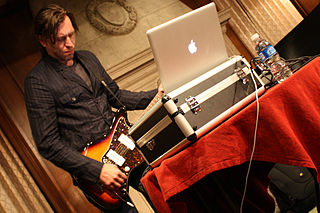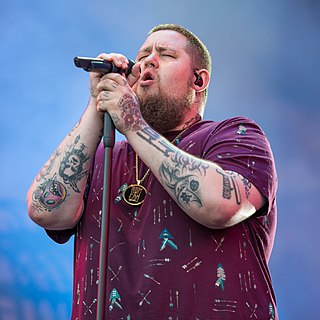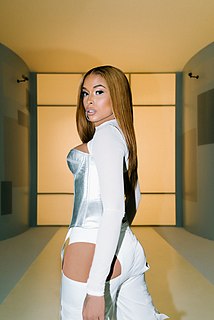A Quote by Andris Nelsons
I simply love Wagner's music. That actually started very early. He was the first composer I was exposed very much to because my parents introduced me to Wagner's music very early.
Related Quotes
I started playing guitar at the age of 8 or 9 years. Very early, and I was like already into pop music and was just trying to copy what I heard on the radio. And at a very early age I started experimenting with old tape recorders from my parents. I was 11 or 12 at that time and then when I was like 14 or 15 I had a punk band. I made all the classic rock musician's evolutions and then in the early nineties I bought my first sampler and that is how I got into electronic music, because I was able to produce it on my own. That was quite a relief.
My parents read to me a lot as a kid, and I started writing very early, probably spurred on by Aesop's fables. Then they gave me The Lord of the Rings way too early for me to fully understand what I was reading, which was actually kind of cool. It was almost better - comprehension's overrated when you're reading.
At 18, I moved to L.A. with my heavy metal band Avant Garde, which was very much influenced by Metallica. At 19, I got a job at Tower Records, and everything started to change very quickly. I started listening to the Velvet Underground, Pixies, early Nirvana, Sonic Youth, and also earlier music like the Beatles.



































